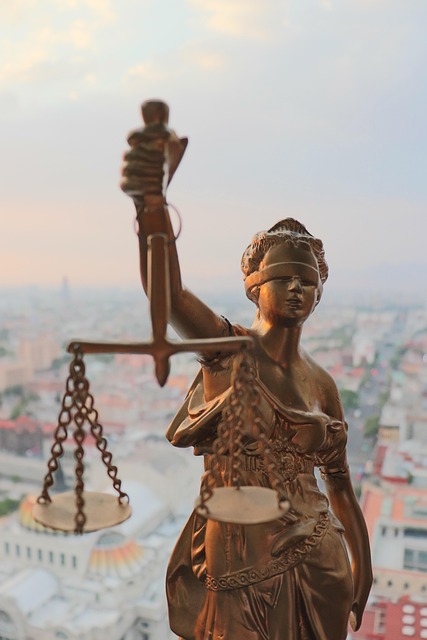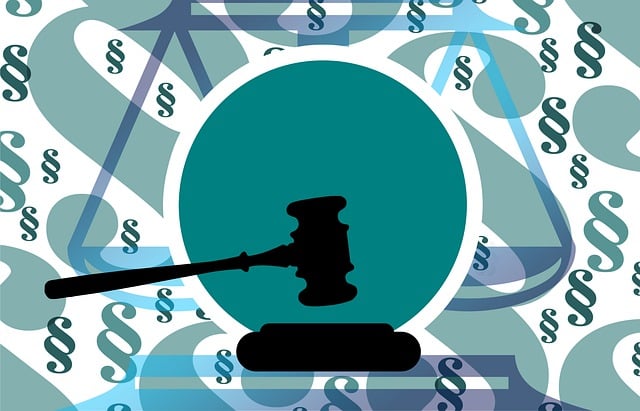Public corruption, including bribery and abuse of power, erodes trust and requires collective action. Individuals affected by such charges can join class action lawsuits, pooling resources to hold powerful entities accountable. The process involves researching claims, gathering evidence, filing complaints, and connecting with specialized legal professionals. By joining forces, plaintiffs increase their chances of securing justice, financial recovery, and policy changes against systemic corruption.
Public corruption charges are a growing concern, impacting communities and undermining democratic principles. This article explores effective strategies for fighting back through class action lawsuits. We delve into the definition and legal implications of public corruption, highlighting why collective legal action is powerful. Learn about identifying potential claims, gathering evidence, and navigating the legal process to pursue a successful class action. Discover the steps to join and contribute, empowering individuals to take a stand against public corruption.
- Understanding Public Corruption Charges: Definition and Legal Implications
- Why Class Action Lawsuits Are Effective Against Public Corruption
- Identifying Potential Claims and Gathering Evidence for a Class Action
- Navigating the Legal Process: Filing and Pursuing a Public Corruption Class Action
- Steps to Join and Contribute to a Successful Class Action Lawsuit Against Public Corruption
Understanding Public Corruption Charges: Definition and Legal Implications
Public Corruption Charges refer to illegal acts by public officials or those with significant influence within a government, who misuse their power for personal gain or to benefit specific interests. This can include bribery, fraud, and abuse of office, among other offenses. These charges carry substantial legal implications, as they erode public trust, distort governance, and undermine the rule of law. When individuals or entities are accused of such crimes, it often leads to high-stakes cases that attract widespread attention across the country.
Understanding these charges is crucial for anyone considering steps to join a class action lawsuit. Class action litigation provides a mechanism for affected parties to collectively seek justice in cases involving systemic corruption or misconduct by powerful entities and individuals. By pooling resources and sharing legal expertise, those involved can ensure their voices are heard and strive for accountability, recovery of losses, and changes in policies or practices that led to the respective business’ unethical conduct in these high-stakes cases.
Why Class Action Lawsuits Are Effective Against Public Corruption
Class action lawsuits have emerged as a powerful tool in the fight against public corruption due to their ability to aggregate claims from numerous affected individuals or entities. By pooling resources and sharing legal costs, victims can gain significant leverage against corrupt officials and organizations. This collective approach not only increases the potential financial recovery but also serves as a strong deterrent, making it more challenging for wrongdoers to avoid accountability.
When considering joining a class action lawsuit, it’s essential to understand the steps involved. Potential plaintiffs should first assess their eligibility by evaluating if they have suffered losses due to the corrupt practices. Next, they must locate and contact reputable legal firms specializing in such cases, which can guide them through the process. Throughout all stages of the investigative and enforcement process, class action lawsuits provide a unified front against corruption, ensuring that corporate and individual clients alike have their voices heard and rights protected. Additionally, this collective action can help avoid indictment for some, as multiple plaintiffs pooling resources may offer alternative forms of justice and compensation.
Identifying Potential Claims and Gathering Evidence for a Class Action
Identifying potential claims is the first step in joining a class action lawsuit against public corruption. This involves meticulous research and an understanding of the legal landscape. Lawsuits typically target government entities, officials, or organizations accused of unethical practices, misuse of funds, or violating citizens’ rights. By examining public records, financial statements, and past legal cases, potential plaintiffs can uncover patterns of misconduct that warrant collective action.
Gathering evidence is equally crucial. This includes collecting documents, witness testimonies, and any available data that support the alleged wrongdoings. The goal is to build a robust case that demonstrates a widespread issue affecting numerous individuals or communities. A strong evidentiary foundation is key to securing a successful outcome, given the high bar for class action certification. Past cases showcasing an unprecedented track record of winning challenging defense verdicts can serve as inspiration and guidance for those considering joining such lawsuits, aiming for complete dismissal of all charges.
Navigating the Legal Process: Filing and Pursuing a Public Corruption Class Action
Navigating the complex legal process of pursuing public corruption is a challenging yet crucial step for those affected by such misconduct. One effective approach is joining a class action lawsuit, which allows individuals to collectively stand against corrupt entities or officials. The first step for anyone interested in participating in a class action related to public corruption is to file a complaint or petition. This document should outline the specific allegations and detail the harm caused by the corrupt practices. It’s essential to gather comprehensive evidence, including any relevant records or documents, to strengthen the case.
Once filed, legal professionals will review the complaint and determine its merit. If deemed viable, potential plaintiffs can then join the class action by following the outlined procedures. These steps typically involve filling out specific forms and providing supporting documentation. This process is designed to ensure that only those genuinely affected and willing to actively participate can become part of the lawsuit, which is crucial for maintaining a strong legal position against white-collar and economic crimes across the country.
Steps to Join and Contribute to a Successful Class Action Lawsuit Against Public Corruption
Joining a class action lawsuit against public corruption can be a powerful way to hold accountable those who’ve misused their positions of power. The first step is to dive into understanding the specific case and your potential role in it. Research thoroughly; familiarize yourself with the allegations, the legal arguments, and the potential impact on affected communities. This process will help you gauge whether the case aligns with your interests and values.
Once informed, connect with reputable legal organizations or attorneys specializing in public interest litigation. They can guide you through the steps to join a class action lawsuit, ensuring your rights are protected throughout. Remember, these lawsuits often involve complex legal procedures, so having skilled representation is crucial. Together, you and other affected individuals can build a strong case, potentially leading to significant outcomes such as a complete dismissal of all charges or jury trials that result in challenging defense verdicts.
Public corruption charges pose a significant threat to society’s well-being, but individuals can play a crucial role in combating this issue through class action lawsuits. By understanding the legal implications and following the strategic steps outlined in this article—including identifying potential claims, gathering evidence, navigating the legal process, and joining or contributing to a class action—citizens can effectively hold corrupt officials accountable. Together, these actions underscore the power of collective effort in upholding justice and ensuring transparency in public governance.






